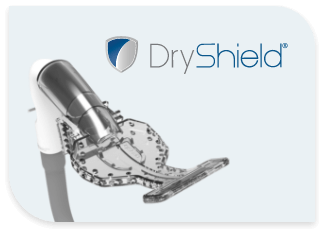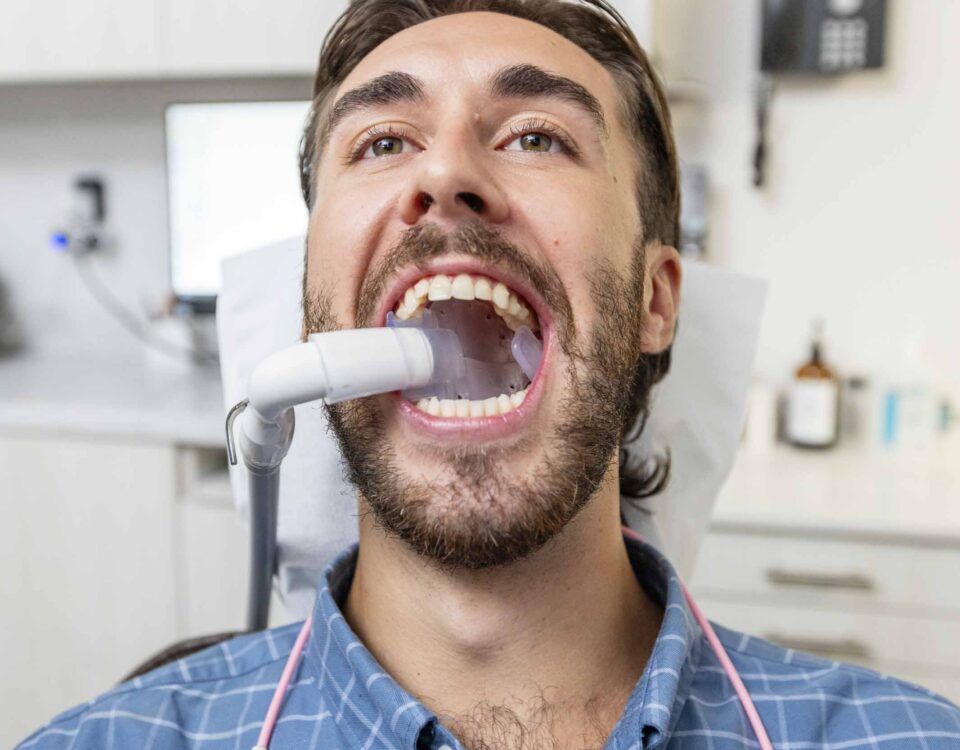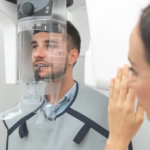From Confusion to Confidence: How to Train Your Team on Georgia’s Dental Waterline Rule
Summary: Georgia's new Dental Waterline Rule introduces mandatory testing and documentation, but many dental teams feel unprepared to implement it. With the right education and tools, compliance becomes second nature. This blog outlines practical steps for training your staff, meeting CE requirements, and using Sterisil’s SAFEWATER Solution for smooth integration.
New dental regulations can feel overwhelming—especially when they involve daily workflows and clinical safety. But Georgia’s new Dental Unit Water Quality Rule is more than just red tape. It’s a call to action for dental teams to prioritize infection control through education, systems, and teamwork.
The good news? Training your team doesn’t have to be difficult. With the right guidance and tools, you can transform compliance into confidence.
Start with the Rule: What Georgia Now Requires
The rule adopted by the Georgia Board of Dentistry in February, 2025 requires:
- Use water that meets drinking water standards: Offices to use water that meets EPA Drinking Water Standards (≤ 500 CFUs/mL).
- Test water at least quarterly: Offices to follow manufacturers’ instructions for use when testing water quality, to test water quality at least quarterly, and to test water quality within 30 days of plumbing modifications.
- Take remedial action if an unacceptable level of colony-forming units (CFUs) is identified.
- Log test results for at least 5 years, including the recording dates, the person conducting the tests, and reports from an independent testing entity.
- Training and Education: Already in effect, but good to remember for hygienists, is that hours of the minimum CE requirement shall include education and training regarding infection control in the practice of dental hygiene, which shall include education and training regarding dental unit waterlines.
Understanding the rule is the first step to building an effective internal training plan.

Turn Requirements Into Training Opportunities
Every regulation creates a teachable moment. Here’s how to train your team efficiently:
1. Host a Teamwide Kickoff Meeting
- Introduce the rule and its background
- Explain why waterline safety matters
- Review testing tools and recordkeeping
2. Assign Roles
- One person can handle in-office testing
- Another can manage logging and documentation
- Designate a lead for mail-in lab test reminders
3. Use CE Credit Courses for Deeper Learning
Solmetex offers Georgia-specific CE courses led by experts like Dr. Marie Fluent, Michelle Strange, and Dr. David Reznik, among many others. These not only satisfy the requirement—they build real-world understanding. Sign up for email notifications to learn when the next CE opportunities are.
4. Leverage Sterisil’s SAFEWATER Solution
Break your team training into our four-part system:
- Monthly: In-office water test
- Quarterly: Mail-in lab test
- Annually: Replace your straw
- After Tests or When In Need of Remediation: Perform a shock treatment

How to Build a Training SOP
Create a simple waterline SOP (Standard Operating Procedure) your team can follow. It should include:
- Test schedule and type (dates, staff roles)
- Instructions for in-office testing
- Protocol for logging and remediation
- Product usage guides for straws and shock
Solmetex provides training videos and other resources to make this even easier.
Ongoing Support Makes All the Difference
Your team doesn’t need to memorize everything. Use Solmetex’s online portal to:
- Track test history
- Set reminders
- Order refills
- Get support from Certified Water Specialists
Navigating Georgia’s new Dental Waterline Rule may seem daunting at first, but with the right training, tools, and support, it quickly becomes part of your practice’s rhythm. By turning compliance into a structured, team-driven process—and tapping into trusted resources like Sterisil’s SAFEWATER Solution—you’re not just meeting state requirements; you’re reinforcing your commitment to patient safety and clinical excellence.









